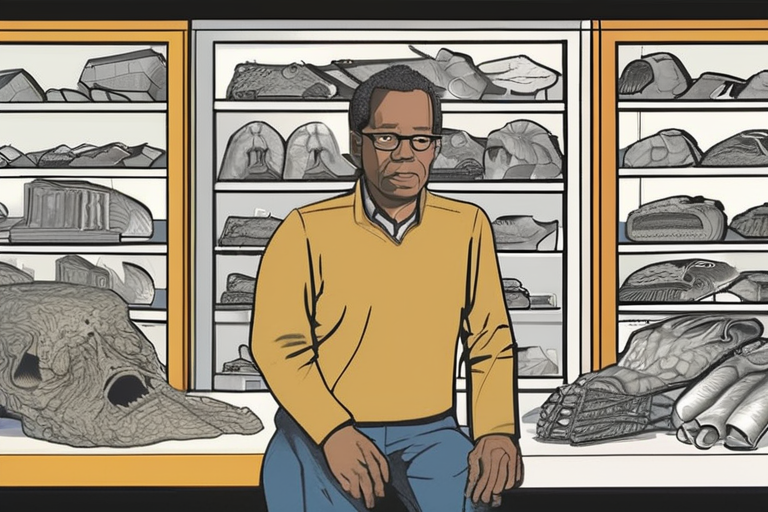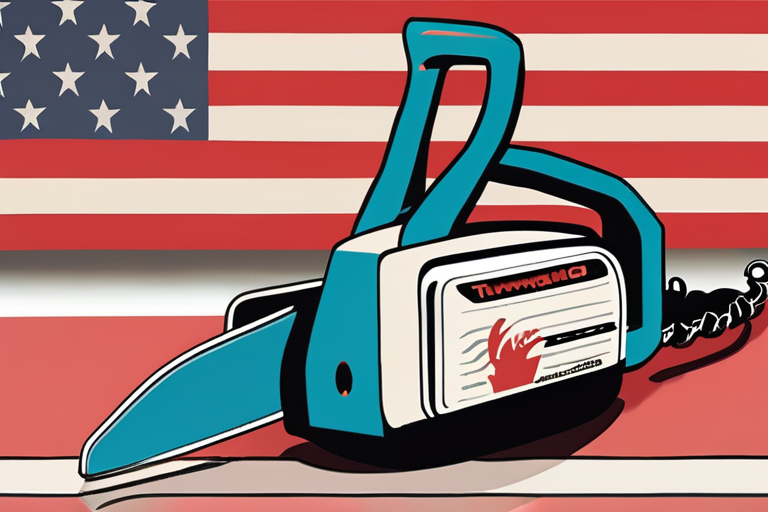As the nation's capital continues to grapple with the intricacies of space exploration, a contentious battle has erupted between Texas lawmakers and the Smithsonian Institution over the fate of NASA's retired space shuttle Discovery. At the heart of the dispute lies a complex web of politics, funding, and the future of America's space program.
The controversy began when Sens. John Cornyn (R-Texas) and Ted Cruz (R-Texas), along with Rep. Randy Weber (R-Texas), sent a letter to the Department of Justice (DOJ) urging an investigation into the Smithsonian's alleged misuse of funds to influence Congress regarding the relocation of the space shuttle. The lawmakers claim that the institution, which has been home to Discovery for the past 13 years, improperly used appropriated funds to lobby against the shuttle's relocation to Houston, as part of President Trump's One Big Beautiful Bill Act.
The lawmakers' allegations stem from public reporting that suggests the Smithsonian Institution has taken affirmative steps to oppose the passage and implementation of the shuttle's relocation. These steps include lobbying the staff of the Senate Appropriations and Rules Committees to express disapproval and coordinating with other organizations to express opposition to the relocation. The lawmakers argue that these actions constitute a clear violation of the Anti-Lobbying Act, which prohibits the use of federal funds for lobbying purposes.
The Smithsonian Institution has long been a revered institution, dedicated to the preservation and promotion of American history and culture. However, the current controversy has raised questions about the institution's role in the nation's space program and its relationship with Congress. "The Smithsonian Institution is a trusted partner in our nation's space program, but it's clear that they have overstepped their bounds in this case," said Sen. John Cornyn in a statement. "We need to ensure that our tax dollars are being used for the intended purpose, and not for lobbying efforts that undermine the will of Congress."
The relocation of the space shuttle Discovery to Houston has been a contentious issue for years, with proponents arguing that it will serve as a powerful symbol of American ingenuity and innovation, while opponents claim that it will divert resources away from other important projects. The controversy has also raised questions about the role of politics in the nation's space program and the impact of lobbying on policy decisions.
As the DOJ investigation unfolds, experts are weighing in on the implications of the controversy. "This is a classic case of the intersection of politics and policy," said Dr. Kathryn Sullivan, a former NASA administrator and current president of the Woods Hole Oceanographic Institution. "The Smithsonian Institution has a critical role to play in the nation's space program, but it's clear that they need to be more transparent and accountable in their actions."
The controversy has also sparked a wider debate about the role of lobbying in American politics and the need for greater transparency and accountability in government. "This is a wake-up call for all of us to take a closer look at the way we do business in Washington," said Rep. Randy Weber. "We need to ensure that our tax dollars are being used for the intended purpose, and not for lobbying efforts that undermine the will of Congress."
As the nation's space program continues to evolve, the controversy over the space shuttle Discovery serves as a reminder of the complex web of politics and funding that underlies it. The outcome of the DOJ investigation will have significant implications for the nation's space program and the role of the Smithsonian Institution in it. One thing is clear, however: the fate of the space shuttle Discovery will be a defining moment in the nation's space program, and its impact will be felt for years to come.
























